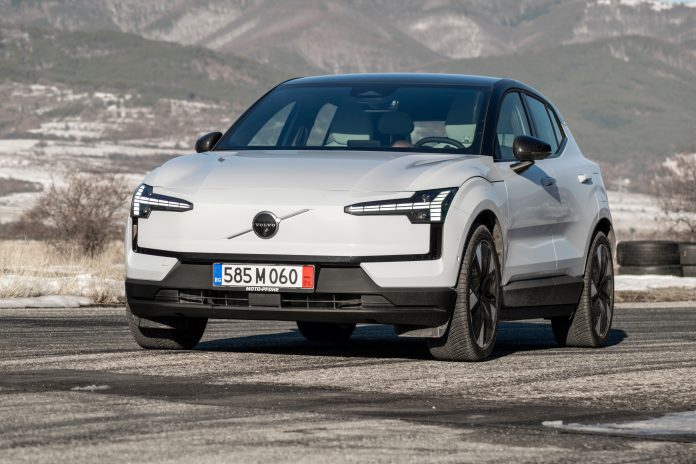Volvo has announced a delay in the launch of its smallest and most affordable electric vehicle (EV), the EX30, in the U.S. Initially expected to arrive by the end of this year, the EX30 will now be available in 2025 as the company ramps up production in Belgium.
Volvo’s decision to postpone the U.S. launch of the EX30 follows significant developments in the global automotive landscape. Last month, President Biden announced a 100% tariff rate on Chinese EV imports to protect American workers from China’s growing electric car industry, citing “unfair practices” and artificially low-priced exports. In response, the European Union also revealed plans for additional tariffs on Chinese EV imports, including those from Volvo’s parent company, Geely.
Bjorn Annwall, Volvo’s deputy CEO, expressed disappointment over these decisions, emphasizing the company’s commitment to open and fair trade. He indicated that the EX30 models bound for the U.S. could be sourced from Belgium, where Volvo is already planning to build the EX30 to meet growing demand. Production in Belgium is expected to start in 2025, aligning with the new U.S. launch timeline.
The EX30, which began production in China last fall, has quickly become a top seller in Europe, with 14,500 units sold globally in the first quarter of 2024. Despite the delay, Volvo remains optimistic about the EX30’s potential in the U.S. market. The vehicle starts at $34,950 in the U.S., making it one of the most affordable EV options. It is available in both Single-Motor and Twin-Motor Performance versions, offering ranges of up to 275 miles and 265 miles, respectively.
The delay, however, poses challenges for Volvo as the EX30 will face increased competition in the EV market next year. Additionally, any price increase beyond $40,000 could impact its competitiveness. Despite this, the EX30 boasts advanced safety and tech features, including Google built-in and Apple CarPlay support, maintaining Volvo’s reputation for high-quality vehicles.
Earlier this month, Volvo also began building its larger EX90 electric SUV in South Carolina, further expanding its EV lineup in the U.S.




